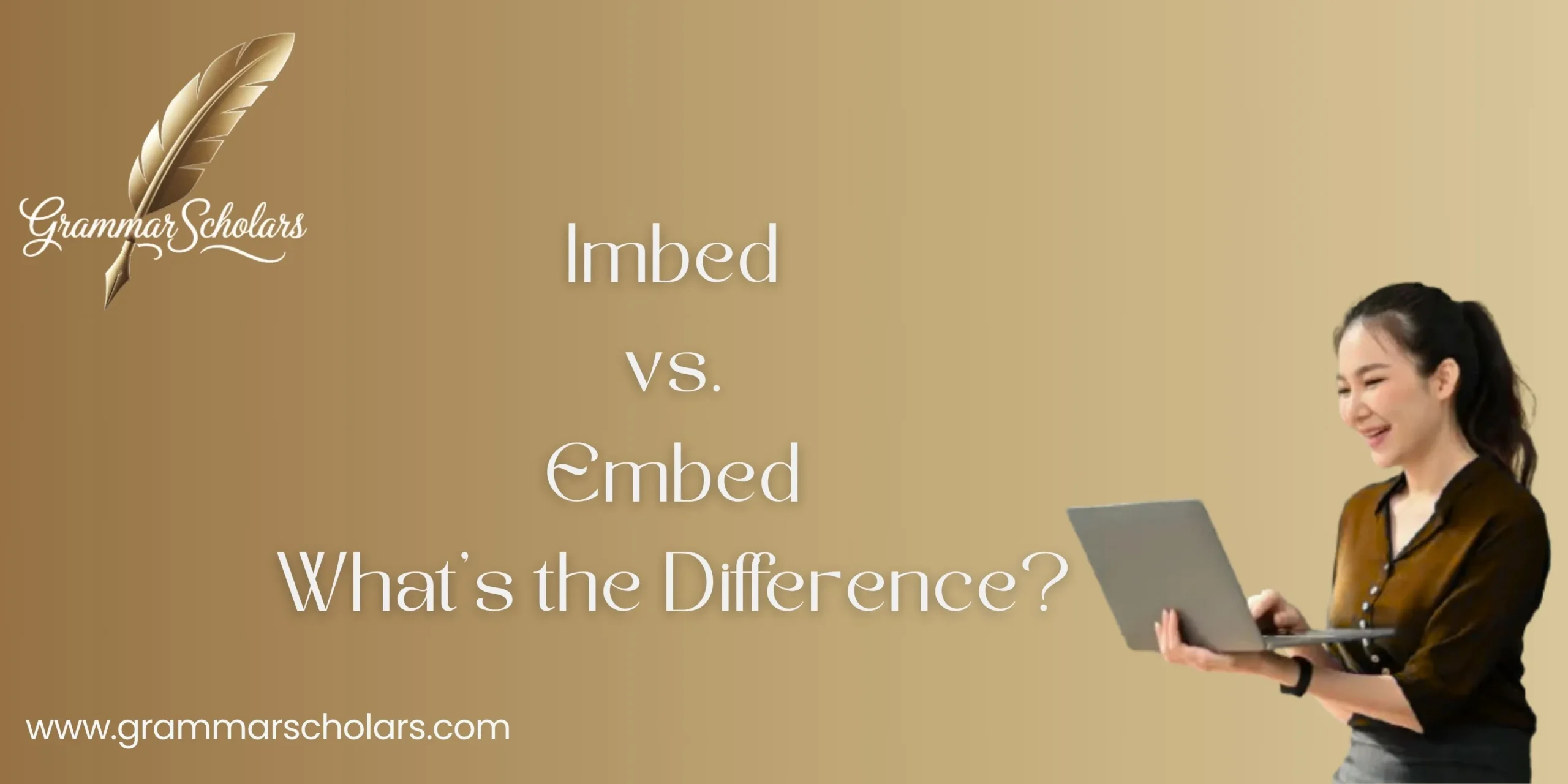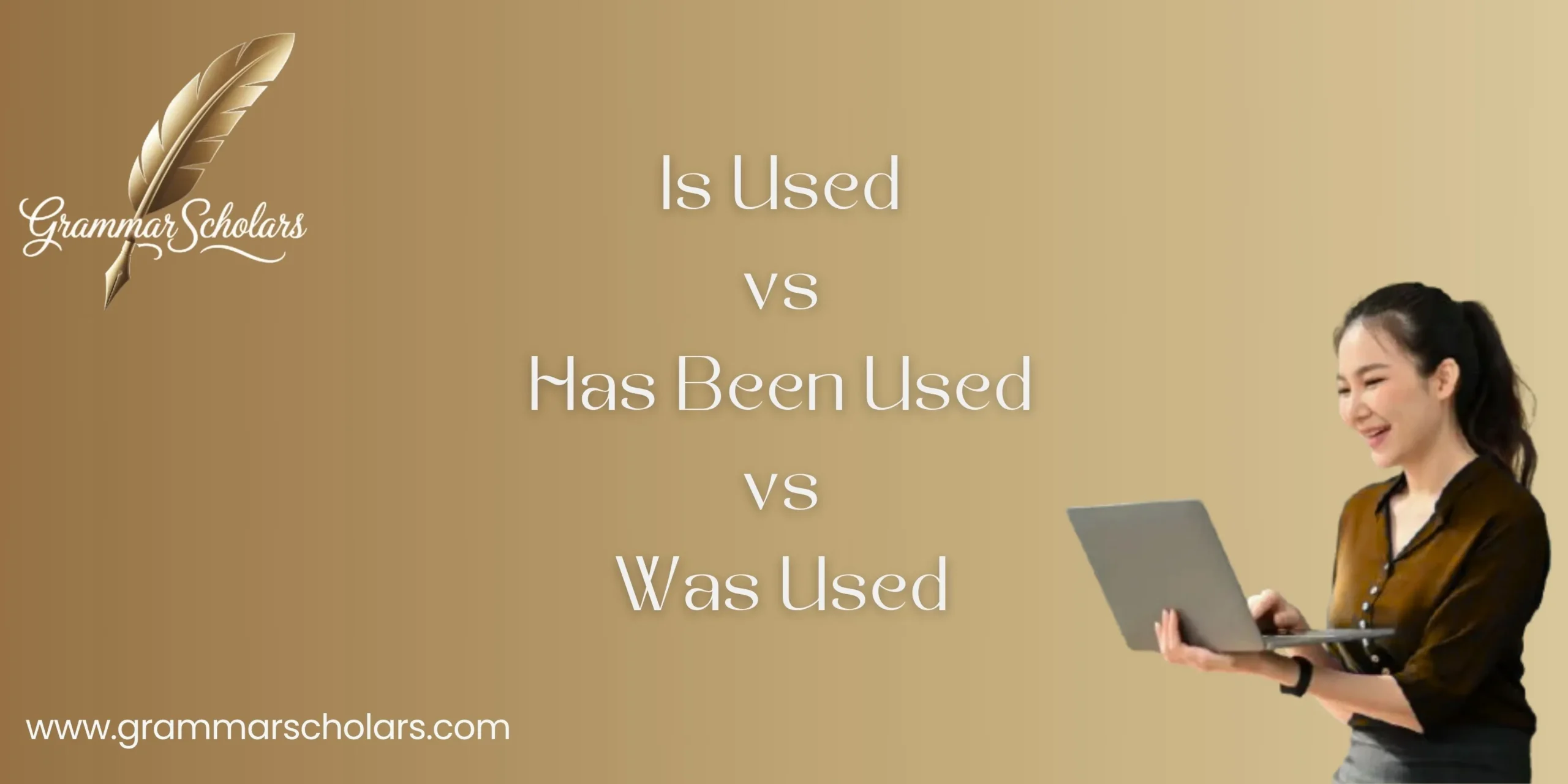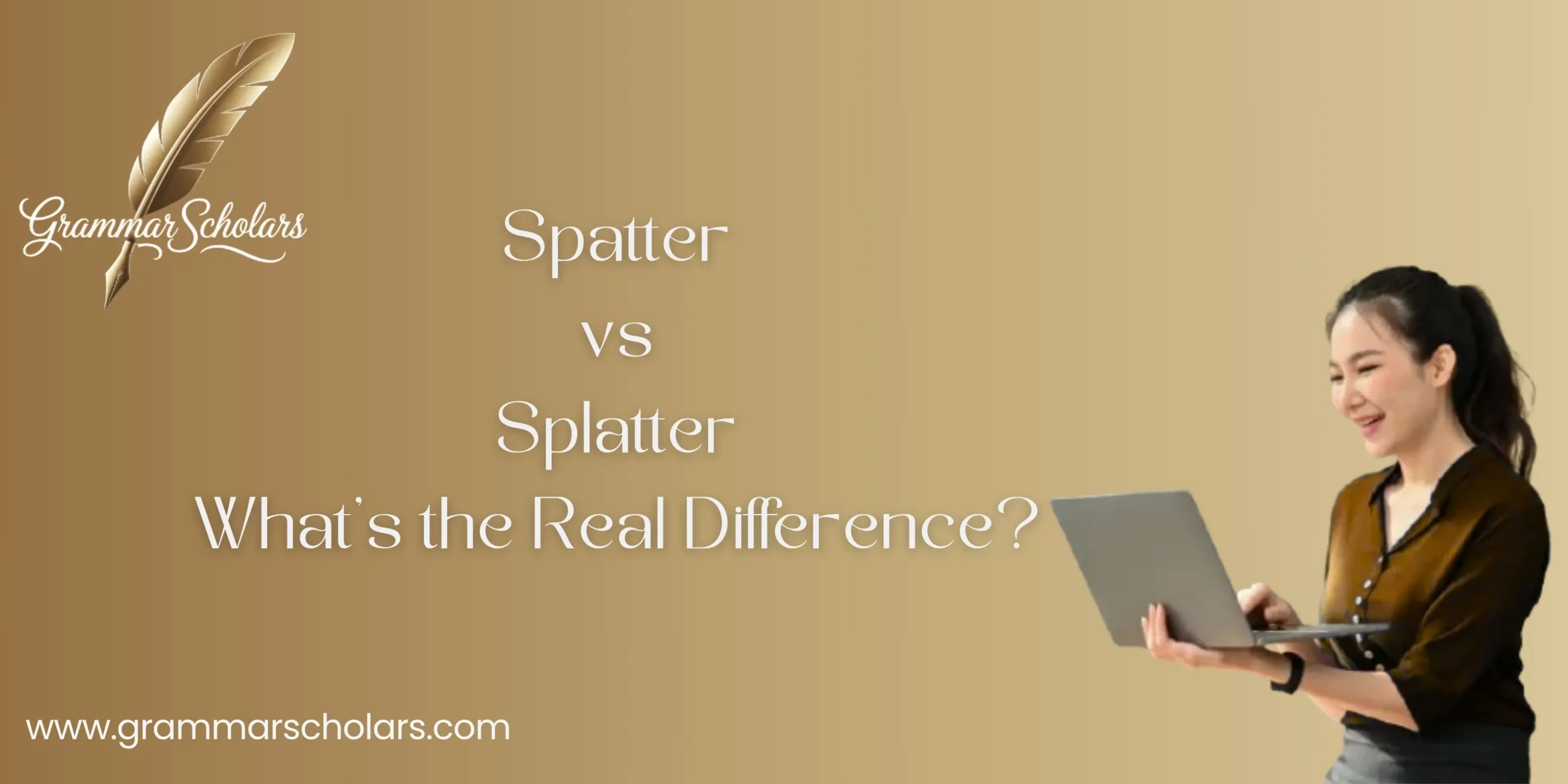Is Summer Capitalized? What about Summer Break?
Is Summer Capitalized? It depends – use lowercase for the season, but capitalize in specific terms like Summer Break or titles. But when it becomes part of a specific term or title, like Summer Break, it turns into a proper noun and deserves a capital letter. This subtle rule is what experienced writers lean on … Read more




















